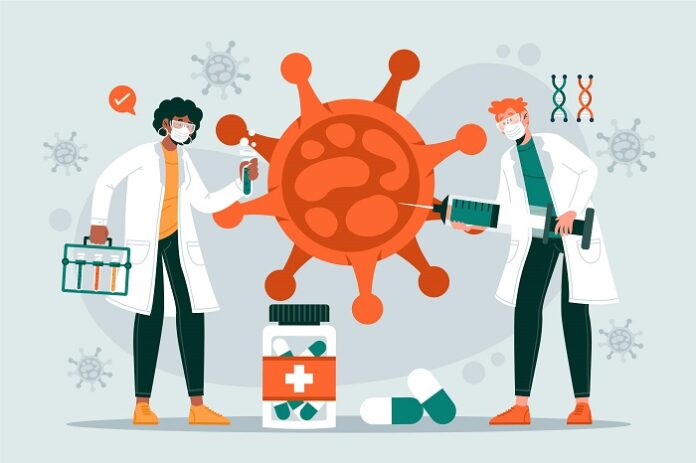The 3rd Criticare Convention 2025, held over the weekend, concluded with a strong message from healthcare experts: “Don’t shun diagnostic tests; they are preventive measures against antibiotic resistance.” Organised by the Criticare Research Institute in collaboration with the Association of Physicians of India, Vidarbha chapter, the two-day event focused on the theme ‘Infectious Diseases in Critical Care’ and highlighted the urgent need to address antimicrobial resistance (AMR).
Modern Diagnostic Tools: A Key to Targeted Treatment
Dr Camilla Rodrigues, a seasoned microbiologist and expert in diagnostics, underlined the role of modern diagnostic technologies in fighting infections. She explained, “We now have advanced diagnostic tests that accurately identify the type of infection, allowing physicians to prescribe the right antibiotics or other medications.”
However, she pointed out that many patients still avoid these tests. “People often dismiss them as unnecessary, especially when results come back negative, and see them as expensive. But these tests are essential. They help prevent the overuse of antibiotics, which is the leading cause of antibiotic resistance,” she said.
Dr Rodrigues warned that if current trends continue, over 50% of global deaths by 2050 could be linked to antibiotic resistance. She also recommended adult vaccination against common infections like flu and pneumonia, stating, “The lesser the use of antibiotics, the better it is for your long-term health.”
Widespread Misuse of Antibiotics Alarms Physicians
Echoing these concerns, veteran infectious disease physician Dr Rajeev Soman described antibiotic resistance as a growing crisis. “Antibiotics are being used rampantly, often bought over the counter without a prescription. This is extremely dangerous,” he said.
He stressed that healthcare professionals must actively educate the public about the risks of misuse. “Once resistance develops, that antibiotic becomes ineffective. We have a limited number of effective antibiotics globally, and pharmaceutical companies are reluctant to invest in new ones due to high R&D costs and the inevitable resistance.”
Critical Care Challenges in ICUs
Dr Kapil Borawake, while speaking on sepsis management, highlighted how antibiotic resistance complicates treatment in intensive care units. “Managing critically ill patients becomes a huge challenge when their infections are resistant to available antibiotics,” he explained.
He urged early diagnosis and treatment to reduce hospital admissions. “Timely medical intervention and diagnostic testing can prevent up to 20% of hospitalisations caused by infectious diseases.”
Clinical Approaches and Presentations
As reported by TOI, the convention also featured in-depth discussions by Dr Deepak Jeswani and Dr Nikhil Balankhe on the clinical implications of AMR. Dr Jeswani presented a detailed approach to managing tropical fevers in ICU settings, offering insights into effective treatment strategies.
Preventive Measures Against Antibiotic Resistance
To tackle AMR effectively, experts at the convention recommended the following preventive strategies:
- Vaccination: Prevents infections and reduces the need for antibiotics
- Diagnostic Tests: Help identify the exact infection, enabling precise treatment
- Early Detection: Promotes timely treatment and reduces risk of complications and hospitalisation
- Avoid Over-the-Counter Antibiotics: Always consult a doctor before using antibiotics
With growing concern over AMR, the convention sent a clear message: Prevention through diagnostics, education, and vaccination is the most powerful tool we have today.
























